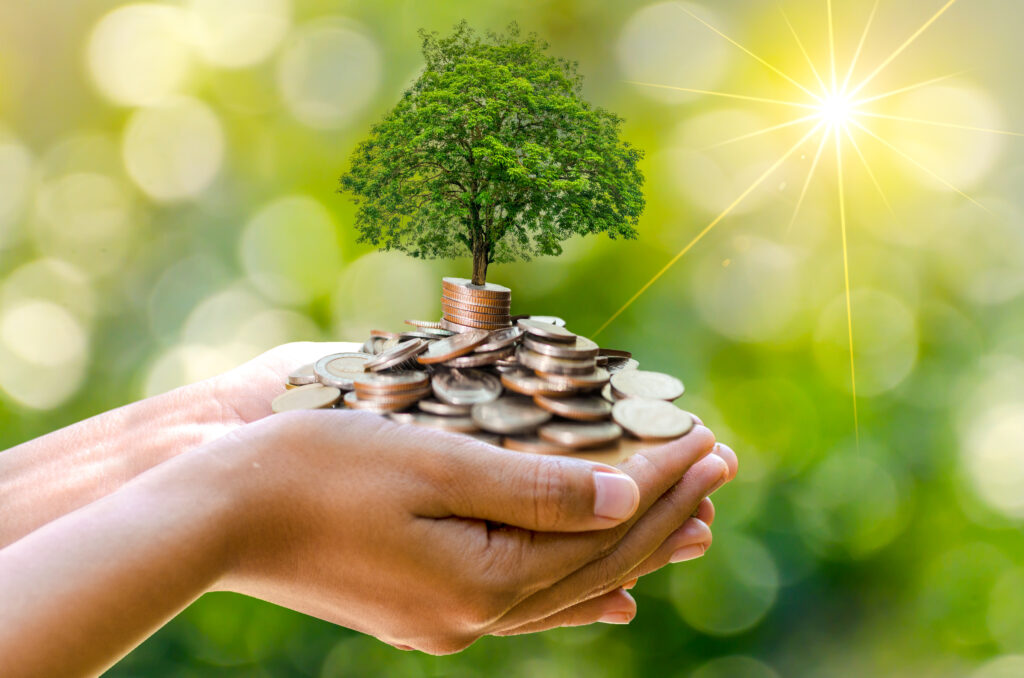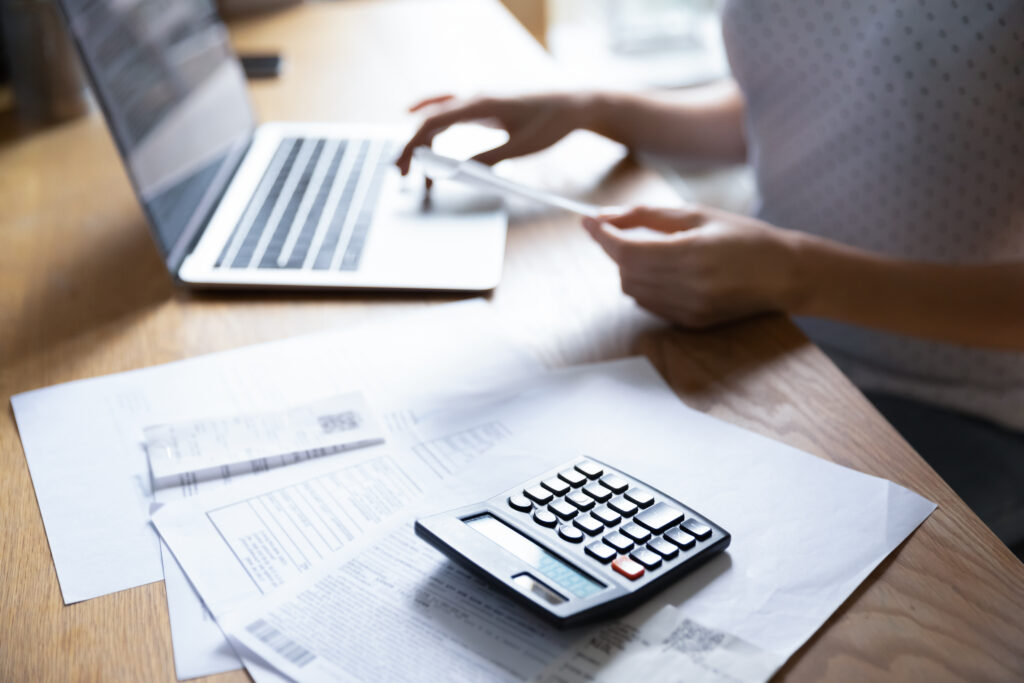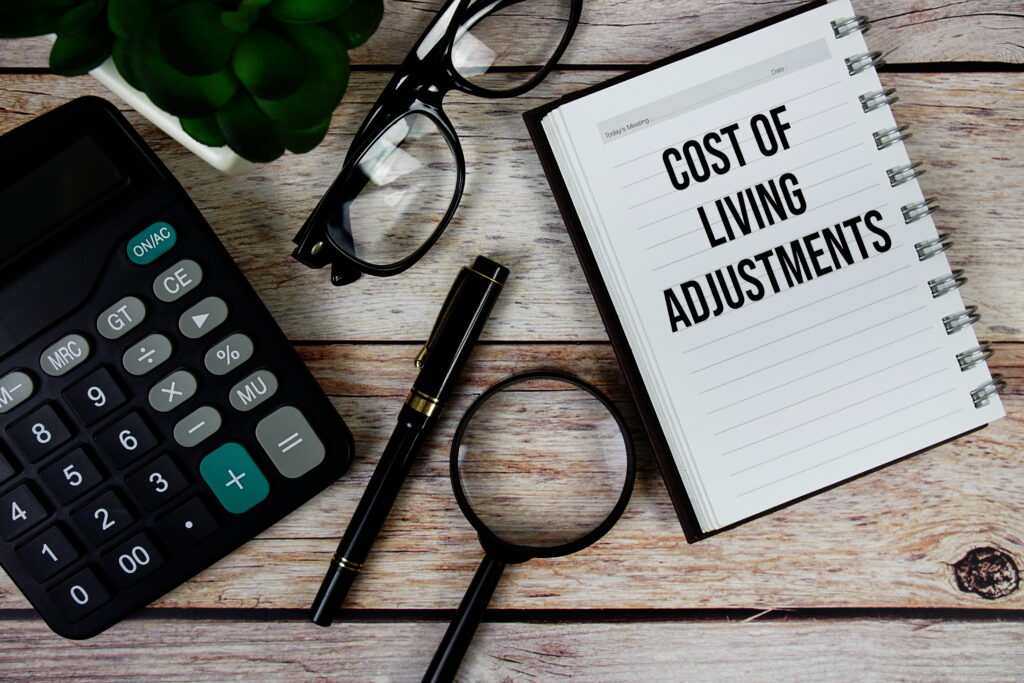Choosing a bank might seem like a simple decision—don’t they all offer the same services, just wrapped up in slightly different colors and logos? But did you know that your choice of bank could actually impact the world? Ethical banking is a thing; it’s not just about where your money sits, but where it goes and how it’s used. Here’s what ethical banking really means, how to tell if your bank is doing good, and how to avoid getting suckered by greenwashing in the financial world.
1. What the heck is ethical banking?
Ethical banking is all about making sure banks use their power and resources for good. Instead of just focusing on profits, ethical banks prioritize social, environmental, and community interests. They fund projects and companies that support things like renewable energy, affordable housing, education, and community development. The idea is to create a financial system that supports positive change in society—while still keeping your money safe.
Think of it as banking with a conscience. When you choose an ethical bank, you’re not just parking your cash; you’re making a statement about the kind of future you want to support. It’s sort of like casting a vote with your savings account.
2. Greenwashing vs. genuine good: how to tell the difference
Banking, just like any other industry, has its fair share of players that claim to be doing good without actually walking the talk. This is called ‘greenwashing’—where a company markets itself as eco-friendly or socially responsible without actually doing anything that aligns with that. So how can you tell if your bank is actually ethical, or just putting on a good show?
Here are some things to look out for:
Transparency: A truly ethical bank is an open book. If they’re legit, they’ll proudly share information about the projects they support, where their investments go, and how they ensure their operations are sustainable. If you can’t find this information easily on their website, that’s a red flag.
Community focus: Ethical banks usually have a strong commitment to the communities they serve. Look for banks that invest in local businesses, support affordable housing projects, or offer loans to underserved communities. These are good signs that a bank is more focused on making a positive impact than just making a profit.
Third-party certifications: There are independent organizations, like B Corp and the Global Alliance for Banking on Values (GABV), that certify banks based on their social and environmental impact. If your bank has one of these certifications, it’s a good sign they’re walking the walk, not just talking the talk.
3. Why it matters where your money goes
You might think, ‘Does it really matter where my bank invests? It’s not like I’m the one funding those projects.’ But in reality, where banks choose to invest has a massive impact. For example, if your bank invests heavily in fossil fuels or companies with exploitive labor practices, it means that your money—indirectly—is supporting those industries, too.
By choosing a bank that prioritizes renewable energy projects, sustainable agriculture, or fair-trade businesses, you can help support the transition to a greener and more equitable economy. It’s like a behind-the-scenes way of fighting climate change, one deposit at a time.
4. The benefits of ethical banking for your wallet
Ethical banking isn’t just about feeling good; it can also have practical benefits for your wallet. Many ethical banks offer competitive rates on savings accounts, lower fees, and even incentives for environmentally friendly behaviors, like using paperless statements or electric vehicle loans.
Plus, if you’re a business owner or entrepreneur with a focus on sustainability, an ethical bank might be more willing to provide the financing you need. Some even offer grants or loans specifically for green projects. It’s a win-win for you and the planet.
5. Making the switch: How to find the right ethical bank
Ready to put your money where your values are? Here’s how to find a bank that aligns with your principles:
Do your research: Look up banks that are known for their commitment to sustainability and community development. Websites like BankTrack and Ethical Consumer can provide insights into which banks are truly making a difference.
Ask questions: Don’t be afraid to reach out to your bank and ask how they use your deposits. A genuine ethical bank will be happy to share this information, while a less transparent (or even shady) one might dodge the question.
Consider credit unions: Credit unions are often more community-focused than big banks, making them a good option if you’re looking for a more ethical place to stash your cash. Plus, they tend to have lower fees and more personalized service.










